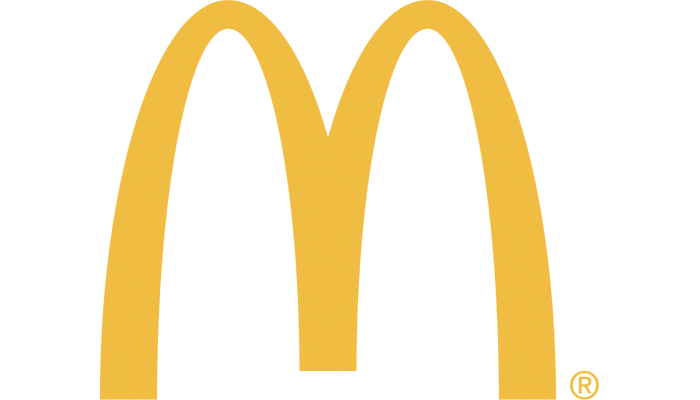
Robots will not be flipping your burgers anytime soon, says McDonalds CEO Chris Kempczinski.
“It’s great for garnering headlines, it's not practical in the vast majority of restaurants” he said on an earnings call today (July 26).” The economics don't pencil out, you don't necessarily have the footprint.”
The McDonalds President and CEO was swiftly reading between the lines of a question from JPMorgan’s John Ivankoe about whether McDonalds had “any capital or technology investments [planned] in coming years that could allow you to reduce your demand for labor while increasing overall customer service”.
Follow The Stack on LinkedIn
He spoke as McDonalds' CFO Kevin Ozan told investors that "there are cost pressures, both on the commodity and labor side... we're probably seeing a little over 10% labor inflation right now."
In 2019 the Wall Street Journal broke the news that McDonalds was testing voice-activated drive-thrus and robotic deep-fryers in a bid to streamline its menu and operations to speed up service. A follow-up last month in The Street suggested that McDonalds wanted to get voice recognition systems at 95% accuracy before broader roll-out of automated voice-ordering in drive-thrus, after testing showed 80% accuracy.

McDonalds kitchen robots "not a broad-based solution"
The CEO spoke as McDonalds said that digital sales (stemming from its mobile app and in-store digital kiosks) had exceeded $6 billion across its top six markets in the company’s second quarter for the first time.
The digitalisation of how customers order their food has long been apparent to diners, who have increasingly moved from placing their orders at a counter with staff, to tapping their choices into digital kiosks.
The potential automation of McDonalds’ kitchens has long been a fascination of analysts picturing robot burger-flippers, wrap-rollers and fries-scoopers. But CEO Kempczinski said it was not on the horizon: “There's a lot of infrastructure investments that you need to do around your utility, around your HVAC [heating, ventilation, air conditioning] systems. You're not going to see that as a broad-based solution anytime soon”.
For CDOs, ops, Astra Streaming' is a data gamechanger
Under McDonalds' 2020 "Accelerating the Arches" strategic plan, the company (which today reported quarterly net income of $1.1 billion, down 46% year-on-year as it took a major hit from the sale of its Russian business) has said it intends to "double down" on what it calls "the 3 Ds -- Digital, Delivery and Drive-Thru."
Lucy Brady, the company's Chief Digital Customer Engagement Officer, confirmed in 2020 that McDonalds is "continuing to invest over $1 billion in technology annually" -- but McDonalds kitchen robots appear to be off the menu for now. Spending, instead, has focused on initiatives like its "digital experience growth engine" MyMcDonalds app. This had helped the company launch loyalty programs in more than 40 markets by end-2021.
That included "21 million active members earning rewards" in the US alone its annual report showed.
McDonalds reported total sales (including by franchisees) of $112 billion in 2021, for revenues attributable to the company itself of $23.2 billion. In 2020 it appointed its first Chief Customer Officer --Manu Steijaert -- to lead a newly created, data-driven Customer Experience Team as it continued a digitalisation drive. In its top six markets, more than a quarter of sales, or $18 billion, came from digital channels in 2021; a 60% increase over 2020.
McDonalds CEO Chris Kempczinski said today: "We talked about digital being a multi-year journey, but I'm incredibly encouraged by what we're seeing in digital. Just to give you a sense of what I think the opportunity is, if you look at Germany, France, UK, China, I mean, digital is over half of the sales in those markets. In the case of China, it's over 80% of the sales in those markets.... we're starting to see the benefits.
He added: "We just need to go harder and faster."
Other strategic priorities and nuggets of information revealed on the McDonalds Q2 earnings call were that the company sees a "significant opportunity for us to improve our chicken portfolio".
Research house Forrester estimates that 12 million jobs will be lost to automation by 2040, although it claims that these losses will be offset by nine million new jobs including ones managing robots.
